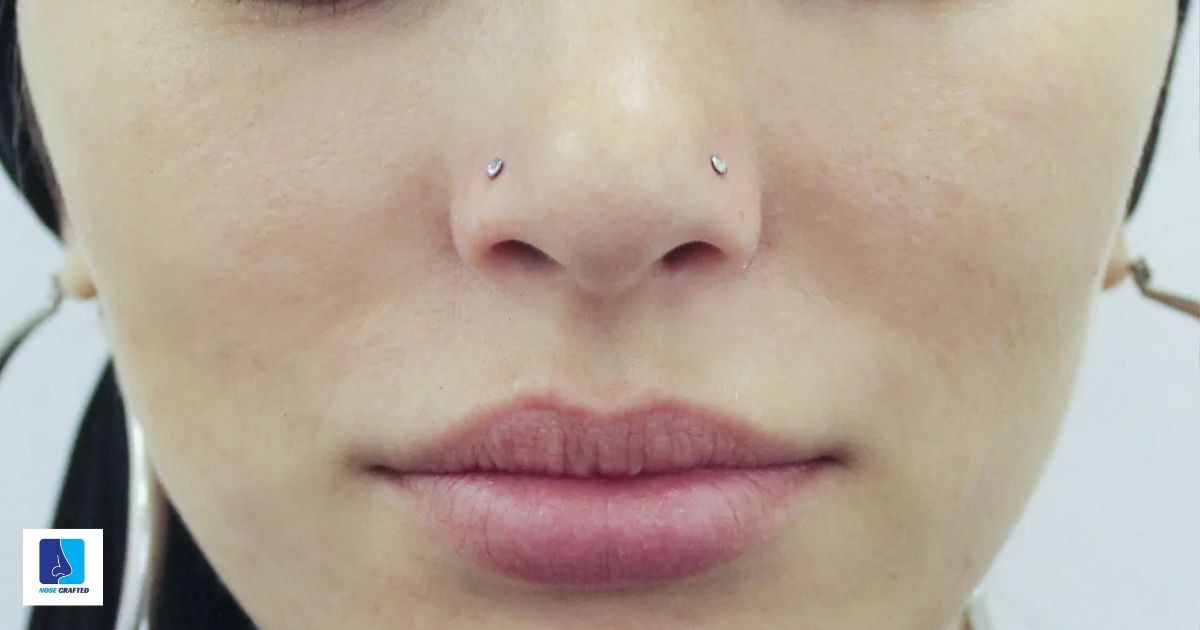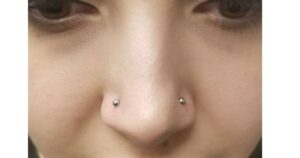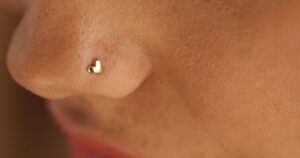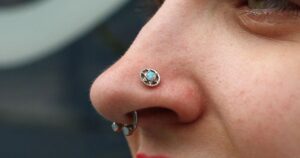Nose piercing is the practice of puncturing the skin or cartilage of the nose to insert jewelry. It is a form of body modification and cultural tradition in various societies. Nose piercings can be done on either nostril or through the septum. They are popular among people seeking self-expression and aesthetic adornment.
Curious about nose piercings in the Army? Wondering if it’s allowed? Discover the answer and more as we delve into the regulations surrounding this intriguing topic. Join us as we explore the question: Can You Have A Nose Piercing In The Army?
In the Army, regulations regarding nose piercings vary depending on the branch and specific guidelines. Generally, most branches prohibit visible piercings while in uniform, including nose piercings. Policies may allow for discrete, non-distracting piercings, or offer exceptions for cultural or medical reasons.
Understanding Army Dress Codes
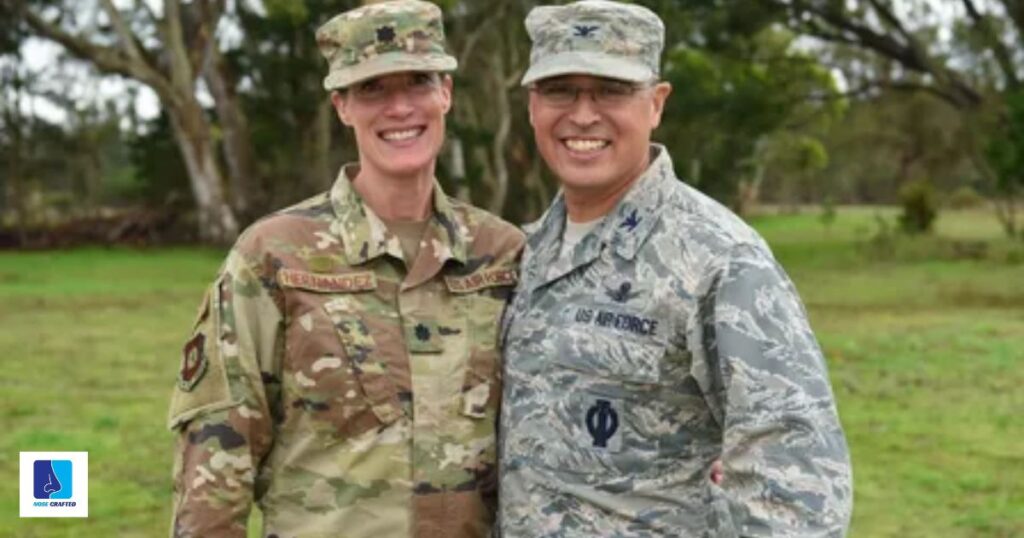
Understanding Army dress codes is crucial for every soldier, as it dictates their appearance and professionalism while in service. These codes encompass various aspects, including the type of uniform to wear, grooming standards, and rules regarding accessories like jewelry and piercings. Adhering to these dress codes not only reflects discipline and respect for the institution but also ensures uniformity and cohesion within the military ranks.
Army dress codes are designed to maintain a neat and uniform appearance among soldiers, fostering a sense of unity and professionalism. From the type of uniform worn to the proper grooming standards, these codes are enforced to uphold the Army’s standards of discipline and respect. By understanding and adhering to these dress codes, soldiers demonstrate their commitment to the values and traditions of the Army while projecting a professional image to the public and fellow service members.
General dress code policies
General dress code policies in the Army outline the expected standards for appearance and uniformity among soldiers. These policies dictate the types of clothing, accessories, and grooming practices allowed while in uniform. They serve to maintain professionalism, discipline, and cohesion within the ranks, ensuring a unified and respectable image. Adherence to dress code policies is essential for fostering a sense of pride and identity among soldiers, as well as projecting a positive image to the public and maintaining the military’s reputation.
Furthermore, dress code policies are not only about uniformity but also about safety and functionality. They often include guidelines on the appropriate attire for different environments and tasks, ensuring that soldiers are adequately protected and equipped for their duties. Whether in combat situations or daily operations, adhering to dress code policies helps minimize risks and optimize performance, promoting the overall effectiveness and readiness of the Army.
Specific guidelines for appearance and grooming
Specific guidelines for appearance and grooming in various organizations, including the military, play a crucial role in maintaining professionalism and uniformity. These guidelines often dictate aspects such as hairstyle, facial hair, tattoos, and piercings. For example, in the military, strict standards are enforced to ensure a neat and disciplined appearance among service members. This includes regulations on the length and style of hair, limitations on visible tattoos, and restrictions on piercings, including nose piercings. Adhering to these guidelines is not only a matter of conformity but also reflects a commitment to the values and standards of the organization.
Exploring Nose Piercing Policies Across Army Branches
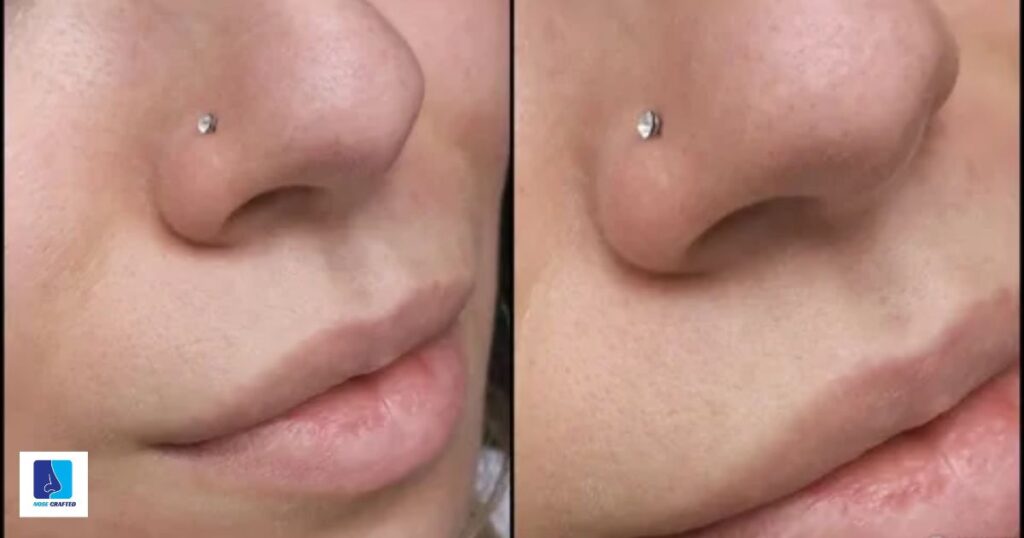
Exploring nose piercing policies across various Army branches reveals a diverse range of regulations and approaches. While some branches may strictly prohibit visible piercings while in uniform, others might allow for certain exceptions or accommodations. Understanding these differences is crucial for individuals considering joining the Army or those currently serving, as it ensures compliance with relevant guidelines and prevents potential conflicts.
Some branches may have more lenient policies regarding nose piercings, particularly for discrete or non-distracting jewelry. However, it’s important to note that these policies can still vary depending on specific units or commanding officers. Ultimately, navigating nose piercing regulations across Army branches requires careful research, communication with superiors, and adherence to established protocols to ensure alignment with organizational standards.
Differences in regulations between branches
The regulations regarding nose piercings can vary significantly between different branches of the Army. While some branches may have strict prohibitions against visible piercings, others might allow certain exceptions or have more relaxed policies. Understanding these differences is crucial for individuals considering nose piercings in the Army, as it can impact their ability to comply with dress code regulations and maintain military standards. It’s important to thoroughly research and familiarize oneself with the specific guidelines of the branch they are affiliated with to ensure compliance and avoid potential disciplinary actions.
Commonalities in nose piercing policies
Commonalities in nose piercing policies across various branches of the military often include strict guidelines regarding visible piercings while in uniform. These regulations prioritize a neat and professional appearance, which typically prohibits large or distracting jewelry. While specific policies may vary slightly between branches, there is a general consensus that piercings should not detract from a service member’s overall appearance or performance. Additionally, exemptions may be granted for cultural or religious reasons, but these are typically subject to approval and must still adhere to certain standards of discretion.
Can You Have A Nose Piercing In The Air Force
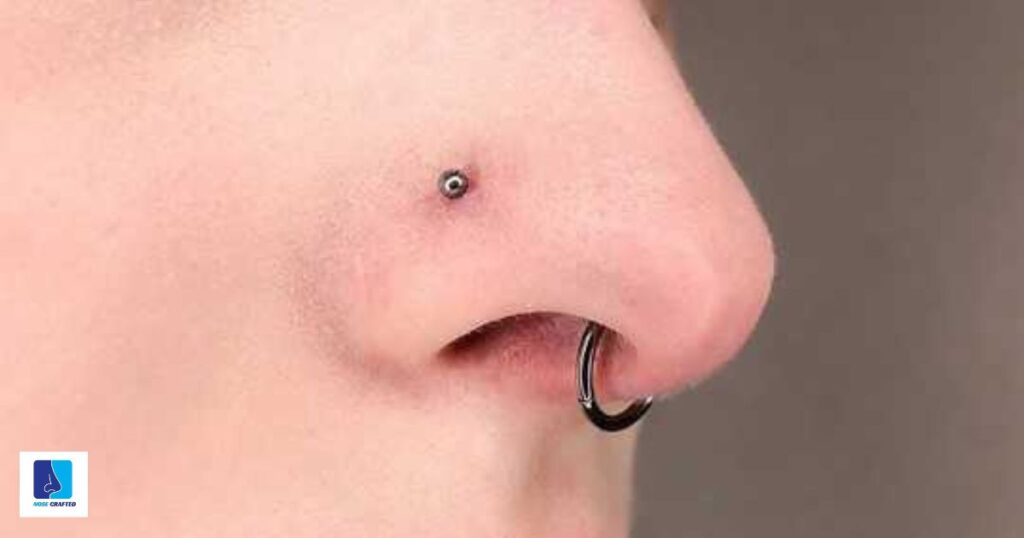
Certainly! Below is a long table detailing the regulations regarding nose piercings in the Air Force:
| Regulation/Policy | Description |
| AFI 36-2903 | The Air Force Instruction (AFI) 36-2903 outlines grooming and appearance standards for Air Force personnel. |
| Nose piercings are generally prohibited while in uniform, both for men and women. | |
| Piercings that are considered excessive, detract from a professional appearance, or are visible while in uniform are not permitted. | |
| Exceptions | Exceptions to the policy may be granted for cultural or religious reasons, but these must be approved by appropriate authorities. |
| Commanders may also grant temporary exemptions for medical reasons, such as a recent piercing that has not yet healed. | |
| However, even with exemptions, the piercing must not interfere with operational effectiveness or safety. | |
| Enforcement | Enforcement of the nose piercing policy is consistent across the Air Force, with commanders responsible for ensuring adherence. |
| Violations of grooming and appearance standards may result in disciplinary action or counseling. | |
| Consultation | Service members with questions or concerns about nose piercings in the Air Force should consult with their chain of command or refer to AFI 36-2903 for clarification. |
Please note that the information provided in this table is based on general guidelines and regulations as of the time of writing, and specific policies may vary or change over time. It’s always advisable for Air Force personnel to refer to the most up-to-date regulations and consult with their superiors for guidance.
Can You Have Piercings In The Air Force
In the Air Force, regulations regarding piercings are strictly enforced to maintain a professional appearance and ensure safety. Generally, visible piercings, including nose, eyebrow, and tongue piercings, are not permitted while in uniform. However, discrete and conservative piercings such as small ear studs may be allowed, with restrictions on size and number. Exceptions may be made for cultural or religious reasons, but these are subject to approval and must not interfere with operational duties. It’s essential for Air Force personnel to familiarize themselves with the specific guidelines and consult with superiors for clarity on individual cases.
Can You Have A Nose Piercing In The Navy
In the Navy, regulations regarding nose piercings typically adhere to strict grooming standards. While individual policies may vary, visible piercings, including nose piercings, are generally not allowed while in uniform. However, exceptions may be made for cultural or medical reasons, subject to approval. It’s essential for sailors to familiarize themselves with the Navy’s specific regulations on body modifications and seek guidance from their superiors or relevant authorities if considering a nose piercing.
Can You Have Piercings In The Army
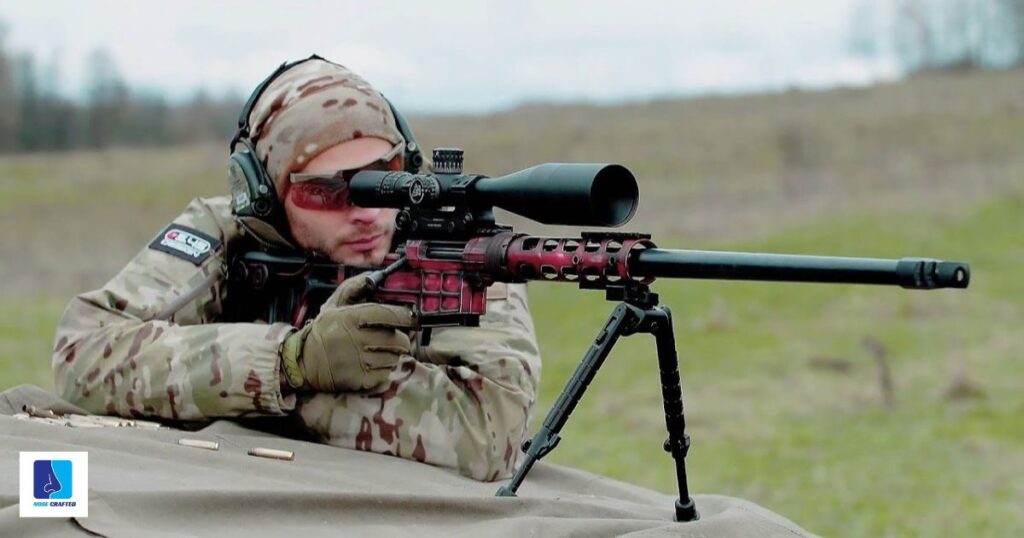
In the Army, regulations regarding piercings vary depending on branch and specific guidelines. Generally, visible piercings are prohibited while in uniform, including facial piercings like nose, eyebrow, or lip piercings. However, some exceptions may exist for cultural or medical reasons, and discrete piercings may be allowed in certain circumstances. It’s essential for individuals considering piercings to familiarize themselves with their branch’s regulations and consult with superiors or relevant authorities for clarity.
Can You Wear Clear Piercing Retainers In The Military
In the military, guidelines on wearing clear piercing retainers vary depending on branch regulations. These retainers are often allowed for certain piercings, as they are less visible and maintain professionalism. However, policies can differ across branches and units, so it’s essential for service members to consult their specific dress code regulations and seek guidance from superiors. Clear piercing retainers may offer a discreet solution for individuals in the military who wish to maintain their piercings while adhering to uniform standards.
Air Force Piercing Policy 2024
In 2024, the Air Force Piercing Policy underwent updates to reflect evolving standards and practices within the branch. These changes aimed to ensure a balance between personal expression and professional appearance. The policy outlines specific guidelines regarding the type, size, and placement of piercings permissible while in uniform. Additionally, it provides clarity on any exemptions for cultural or medical reasons. Understanding and adhering to the Air Force Piercing Policy is crucial for all personnel to maintain a professional image while serving in the branch.
FAQ,s
Can you wear nose piercing in the military?
The permissibility of wearing a nose piercing in the military depends on the specific regulations of each branch, with most generally prohibiting visible piercings while in uniform.
What piercings can you have in the army?
In the Army, permitted piercings typically include earrings for females while in civilian attire, but guidelines vary, and visible piercings are generally not allowed while in uniform.
Can I hide my nose piercing?
Yes, you can hide your nose piercing using various methods such as clear or flesh-toned retainers, covering it with makeup, or wearing a small bandage or flesh-colored adhesive patch.
How do you hide a military piercing?
To hide a military piercing, one can use flesh-toned or clear retainers, strategically place bandages, or opt for hairstyles that cover the piercing area.
Conclusion
In conclusion, navigating the regulations surrounding nose piercings in the military requires careful consideration and adherence to specific guidelines. While the policies may vary between branches, it is essential for individuals to understand and respect the uniform standards set forth by their respective military branches. Moreover, seeking guidance from superiors and relevant authorities can provide clarity and ensure compliance with the rules. Additionally, individuals considering an old get a nose piercing should thoroughly research and understand how it aligns with military regulations to avoid any complications.
By understanding the nuances of the military’s stance on nose piercings and taking appropriate steps to adhere to regulations, individuals can maintain a professional appearance while still expressing themselves within the confines of military service. In summary, whether one can have a nose piercing in the Army or any other branch depends on the specific policies in place. However, with cultural, religious, and medical exemptions available in some cases, there may be avenues for accommodating personal preferences.
